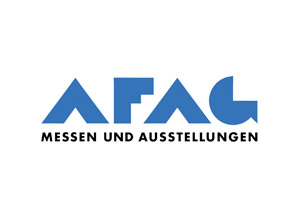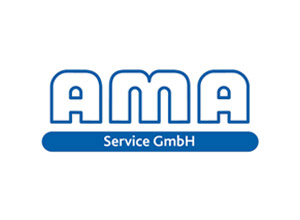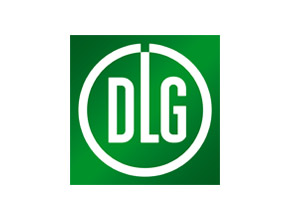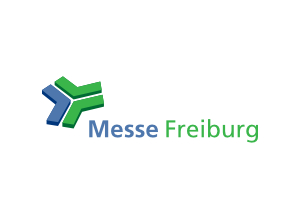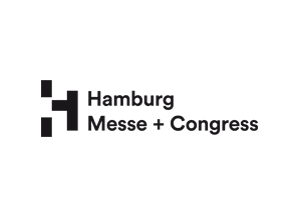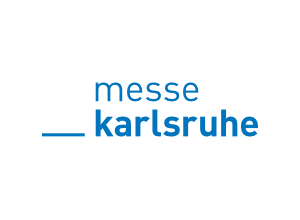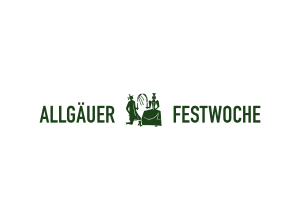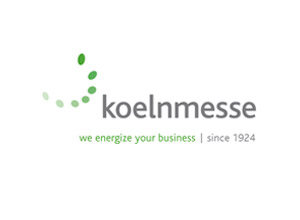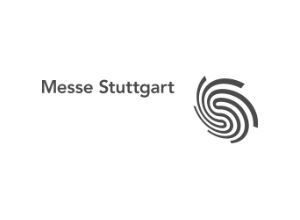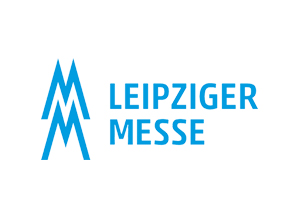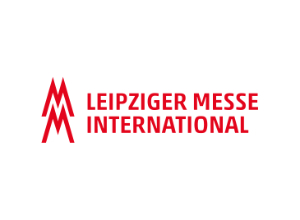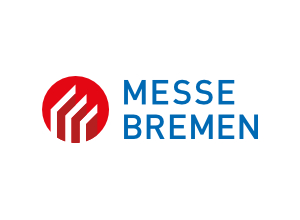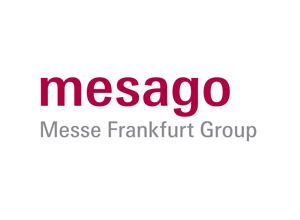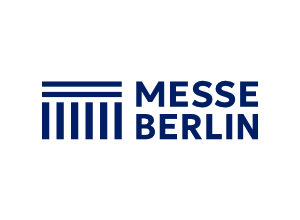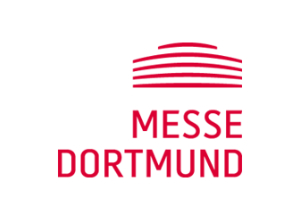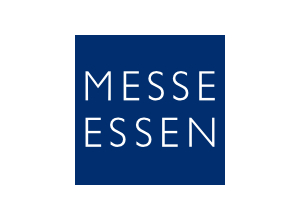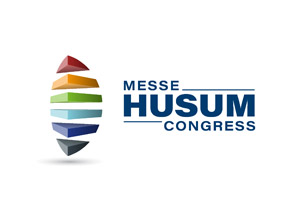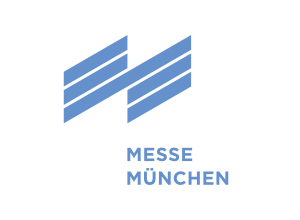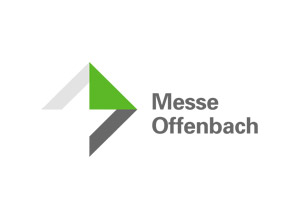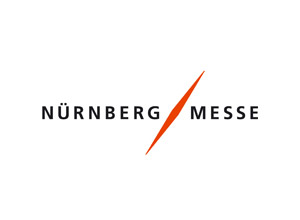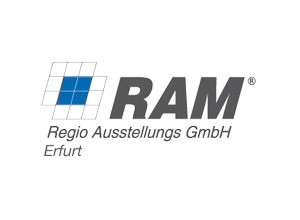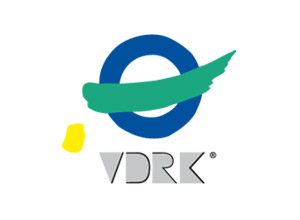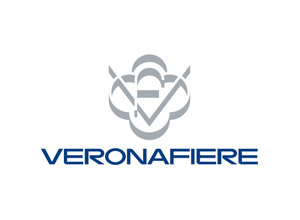Definitions of exhibition terms
Fixed terms provide a secure basis
30 definitions – the basis for certification
Every FKM certification of trade fairs is based on defined terms. Here you will find the corresponding definitions in brief. You can download the complete document with descriptions of trade fair terms and further background information as a PDF document.
A physical trade fair/exhibition is an event which takes place in a physical location, over a limited period of time, and is where economic goods (products, services and/or rights) are presented and/or marketed.
The individual elements defining a trade fair or an exhibition are laid down in the current versions of §§ 64 and 65 respectively of the German Industrial Code.
A hybrid trade fair/exhibition is an event which takes place in a physical location (physical part), over a limited period of time, complemented by a digital trade fair (digital part) within a common content framework.
At the trade fair/exhibition market participants are brought together to exchange business and/or knowledge. The market participants have the opportunity for synchronous interaction both at the real place and online and must be clearly identifiable, e.g. by registration. The official duration is limited to three weeks. It is determined by the exhibition organiser by specifying the duration and opening hours.
A digital trade fair/exhibition is an event that is exclusively accessible online on a platform for which the exhibition organiser is responsible during a limited period of time.
At the event, market participants are brought together to exchange business and/or knowledge. The market participants have the opportunity for synchronous interaction and must be clearly identifiable, e.g. by registration. The official duration is limited to three weeks. It is determined by the exhibition organiser by specifying the duration and opening hours.
An exhibition shall be deemed an international event if at least 5 % of the trade visitors and at least 10 % of the exhibitors are from abroad. (This is not part of the certification procedure).
Combined exhibitions are two or more exhibitions/trade fairs which take place at the same venue at the same time, overlap and/or take place alternately and can be used jointly by exhibition visitors.
Combined exhibitions may feature similar themes, but this is not mandatory.
Combined exhibitions may be managed by one or more exhibition organisers.
Exhibition visitor access to a combined exhibition may be granted in full or separately to each individual event.
Independent sections within exhibitions presenting various sectors of industry are to be treated as combined exhibitions, on condition they meet the following criteria:
- that they are held in an enclosed and strictly demarcated area
- that the exhibitors represent a physically independent unit
- that in respect of exhibitors and visitors separate adver-tising is used whose content specifically targets this independent section.
An exhibition organiser is defined as an institution which develops a concept for, organises and/or holds a trade fair/exhibition.
Joint stand organiser means an institution (company, individual person or organisation) to which an exhibitor stand space has been made available by the exhibition organiser for marketing purposes and which can contractually agree with exhibitors on the exhibitor stand space made available to it, without itself presenting or distributing products, services and/or rights there.
The gross exhibition space is defined as the hall space and/or outdoor space, which comprises the net exhibition space made up of stands (omitting upper tiers) and ancillary areas used for traffic and services for the exhibition in question.
Service areas are defined as areas which pertain directly to a respective exhibition but which may not be used by exhibitors for their presentations.
Service areas include temporary catering areas within the halls; areas for public authorities, associations and institutions used to provide general services for exhibitors and/or visitors; demonstration areas such as arenas, stages, halls etc. insofar as they do not fulfil the requirements of a special show space.
All areas designated for regular office use, for meetings and conferences etc. are not part of the gross exhibition space. Nor are storage areas, catering areas featuring permanent installations or corresponding outdoor areas part of the gross exhibition space.
At farming exhibitions, outdoor demonstration areas are calculated without any extra percentage as part of the gross exhibition space.
The net exhibition space is defined as the areas of the halls and/or outdoor exhibition space calculated as the sum of exhibitor stand space in conjunction with the special show space.
A special show space is defined as an area of an exhibition which illustrates the subject matter of an exhibition by taking a general look at it or by examining individual aspects. Special show space may consist of areas which feature stands, information boards and demonstrations.
Exhibitor stand space is defined as a surface area inside and/or outside a hall, allocated to one or more exhibitors or a joint stand organiser by the exhibition organiser for a contractually agreed purpose at a trade fair/exhibition.
A surface area may be at ground level or at other levels.
A physical exhibitor is defined as an entity (company, individual person or organisation) which has been granted approval for an exhibitor stand space by the exhibition organiser and which presents or distributes products, services and/or rights with personnel. There must be the opportunity for synchronous interaction with the exhibition visitors during the official running time (e.g. personal conversation).
An exhibitor may be represented as a main exhibitor, co-exhibitor or joint stand exhibitor.
A physical exhibitor may be counted more than once, provided that he is represented in more than one exhibitor stand space, which must be in a visually distinctly separate area, and provided that the exhibitor targets different audiences with different key products.
A hybrid exhibitor is defined as an entity (company, individual person or organisation) which has been granted approval for an exhibitor stand space by the exhibition organiser and digital platform which presents or distributes products, services and/or rights with personnel. There must be the opportunity for synchronous interaction with the visitors during the official running time (e.g. chat, video call, personal conversation).
Similar to physical trade fairs/exhibitions, there may also be co-exhibitors and joint stand exhibitors at hybrid fairs, which are counted as hybrid exhibitors according to the certification rules for physical fairs.
A hybrid exhibitor can be counted several times on condition that he is present at a physical trade fair/exhibition on several exhibitor stand areas of his own, which must be located in clearly visually separate areas and address different target groups with different focal points of offers.
A digital exhibitor is defined as an entity (company, individual person or organisation) which has been granted approval by the exhibition organiser on a digital platform which presents or distributes products, services and/or rights. There must be the opportunity for synchronous interaction with the visitors during the official running time (e.g. chat, video call).
Similar to physical trade fairs/exhibitions, there may also be co-exhibitors and joint stand exhibitors at digital fairs, which are counted as digital exhibitors according to the certification rules for physical trade fairs/exhibitions.
A digital exhibitor can be counted several times on condition that he is present at a digital trade fair/exhibition on several presentation platforms of his own, which must be located in clearly visually separate areas and address different target groups with different focal points of offers.
A main exhibitor is defined as an exhibitor who has entered into a direct contractual relationship with the exhibition organiser.
A co-exhibitor is defined as an exhibitor who, with the consent of the exhibition organiser, presents or distributes products, services and/or rights with personnel on the stand of the main exhibitor.
A joint stand exhibitor is defined as an exhibitor who, with the consent of the exhibition organiser, presents or distributes products, services and/or rights with personnel on the stand of the joint stand organiser.
An additionally represented company displays economic goods on the stand of an exhibitor without employing his own staff.
An additionally represented company can be a company, individual person or organisation.
An additionally represented company is not to be regarded as an exhibitor, however it can be listed in an exhibitor directory if appropriately marked.
The nationality of an exhibitor is determined by the address he uses in order to enter into a contractual relationship with the exhibition organiser or the joint stand organiser.
If the invoice address and the address of the exhibitor who is registering differ from one another then the address of the recipient of services shall apply.
If the address used for entering into a contractual relationship and the nationality of an exhibitor do not coincide then a note in written or electronic from the exhibitor declaring his nationality can be accepted.
A physical exhibition visitor is defined as a person attending a trade fair/exhibition during the hours in which it is officially open to exhibition visitors, who wishes to obtain information and/or make contact with exhibitors.
Employees on the stands, journalists, employees of exhibition service providers, employees of the exhibition organiser and of the operators of the exhibition grounds are not categorised as exhibition visitors.
Speakers and congress attendees are only to be counted as exhibition visitors providing they attend the trade fair/exhibition.
A hybrid exhibition visitor is defined as a person attending the physical and digital part of a hybrid exhibition during the official open hours.
A digital exhibition visitor is defined as a person attending the digital exhibition or the digital part of a hybrid exhibition during the official open hours.
Digital or hybrid exhibition visitors include all persons who attend the respective trade fair/exhibition regardless of their role (e.g. also exhibitors’ employees). Employees or service providers of the exhibition organiser, e.g. platform operators, are excluded.
Total attendance is the total number of participants at a trade fair/exhibition who are present during the official opening hours for trade fair visitors. Total attendance includes visitors, exhibitor personnel and media representatives. The person is only counted once for the entire duration of the trade fair, regardless of the number of visits.
Speakers and congress participants only count as participants if they are present at the trade fair/exhibition.
The total number of participants does not include the organiser’s staff and service providers.
Physical and digital participants are shown separately.
Exhibition visit means the entry of an exhibition visitor into a physical trade fair/exhibition or the use of the offerings of a hybrid or digital exhibition by a physical, hybrid or digital visitor.
Trade visitor refers to a visitor to a trade fair who attends a trade fair/exhibition for professional or business reasons.
General public visitors are defined as visitors attending a trade fair/exhibition for private reasons.
Information breaking down the individual characteristics of exhibition visitors, as defined by FKM, serves to provide a more detailed look at the volume of visitor data. Information is to be polled according to standardised questionnaires in the shape of FKM visitor profile analyses.
In order for the FKM visitor profile analysis to be recognised, volume data certified by FKM for the corresponding trade fair/exhibition must exist.
More details you can find in documents which you can download here.
The nationality of exhibition visitors is based upon his own information during the visitor registration process or upon a representative visitor survey.
The intention to return refers to whether trade fair visitors intend to visit the next trade fair after their current visit.
Customer satisfaction refers to how satisfied trade fair visitors are with the trade fair as a whole.




